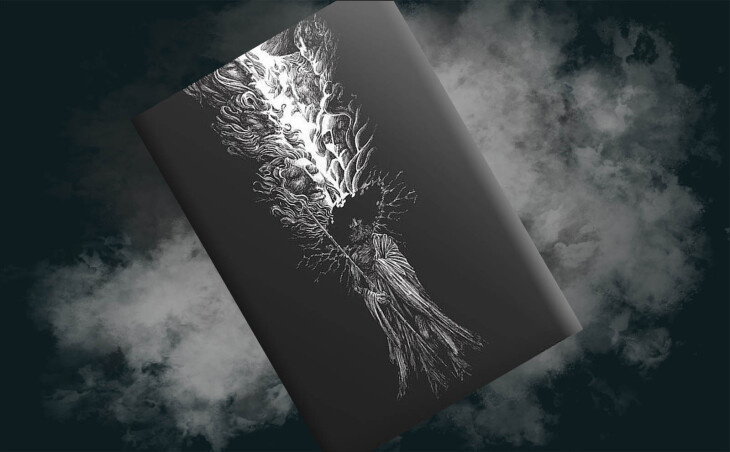There is a belief in Greek mythology that Ares and Aphrodite are the most powerful duo ruling the fate of mortals and perhaps gods. After all, they control the greatest passions – lust and hatred. Lugio and Dearmas are taking this theme to describe Antique as one big conspiracy of these two lovers.
Olimp looks at its heroes
At the beginning of the La Camara Oscura del Olimpo you will find a gallery of characters, gods, rulers and warriors whose stories are intertwined in a great weave of war and love. You will immediately see the well-known matches here: Athena vs Ares, Hera vs Aphrodite. We remember it from Parandowski and later studies. And while the starting point may seem hackneyed, the development of the story may confuse you a bit.
Divine quarrels and duels rival in their epicness those in Record of Ragnarok . I mention the manga because, like the retellations from the Far East, the Latin American one should be treated as free and ultimately non-classical. The authors stick to widely available knowledge about individual heroes, but will not develop it necessarily as we expect in Europe after centuries of smashing the same configurations. The Japanese would approach the topic with an even more lazy fantasy, here the most cossack is to take seriously the theme of the favorite of the gods, the (next) chosen one, a fighting cockerel used by a deity to confuse the next generation of people who, as a mass, are (supposedly) completely uninteresting to the gods.
Throughout this heroic mess, Oedipus, the Eternal Wanderer, wanders through the ages. He is a witness of the catastrophes that end the fate of the chosen gods, the fall of civilization and their growth. He comments on them with deep pessimism and irony, which is the only one that relieves the quite lofty tone of the comic.
Swirling passions
Dearmas’s drawings swirl like storm clouds, and this comparison includes both a detailed line and monochrome colors worthy of a feather whirl. Olympians and mortals glance madly from under the disheveled hairstyles, their robes are carried away by the wind of history, revealing statuesque, worthy of ancient sculptures, although clearly organic shapes. Contours twist and mix, sometimes it’s hard to tell where one character ends and another begins. Sometimes he successfully plays it with dialogue intended to trick a god or a hero into action by deception and lies. At other times he gives the story such a weight that the reader struggles to break through the cloud.
The authors cannot be denied one thing – the speech bubbles consistently indicate the direction of the dialogue, which may go up or down, but always roughly from left to right. As you read, rely on the dynamics of these lines, they will not betray you or lead you astray. The frames will sometimes seem confusing and too heavy to you, but the statements will really get you through them and understand the action.
Two forces?
Aphrodite and Ares shape the fate of the world by controlling heroes like puppets, devoted to the idea of war and great deeds. The goddess seems to have been the cause of many historical turmoil, but when it comes to the powers that rule mankind, we see, first and foremost, hatred. Only Aeneas shows the skills of a (chaotic evil) lover, successive leaders focus on conquest. Alexander himself seems to despise desire, although it is not alien to his soldiers. Love of the motherland, you cry? We can agree that it causes, for example, Hannibal.
At some point, the reader thinks that this entire pantheon is gods of war, that’s all. Especially family turmoil, conspiracies, alliances against the others, and general scheming. This is not yet an original approach to Greek mythology, after all, even Parandowski leaves us with the impression that the immortals did not like each other. And only the very end of the comic may surprise you. Then you will find that Lugio and Dearmas are retelling the myths, looking a little deeper, and really considering the whole history of the Olympians.
The La Camara Oscura del Olimpo are at times a heavy, overly solemn comic book, and it is sometimes difficult for the reader to recognize the clouded clouds of scenes. At the same time, it tells a story as old as the world, even if at the end it offers an original understanding of its sources. Classically or not, the authors focus on fate: no hero, no ruler, will escape from his judgments. The interpretation of mythology is dark and seems to be a clear metaphor for politics …
Nasza ocena: 7.5/10
This is good retelling of Greek mythology that shows human wars as a game of immortals, heroes and historical military commanders as figures slightly more interesting than pawns.Edition: 9/10
Story: 7/10
Visual design: 7/10
Characters: 7/10

